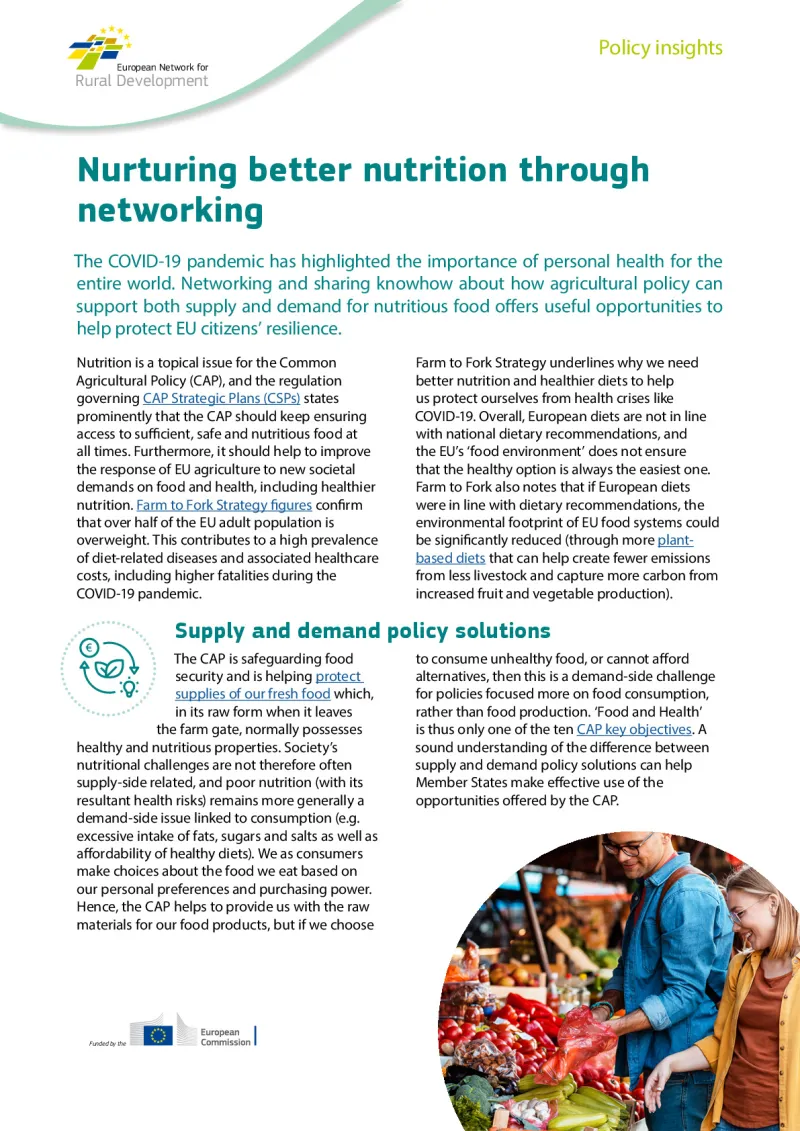LEADER creates jobs in Poland from healthy convenience food
- CAP Implementation
- CAP Strategic Plans
- Food Supply Chain
- Green Deal Targets
- Jobs, Growth and Equality in Rural Areas
- LEADER
- Long-term Vision for Rural Areas
- Networking
- Rural Development
- Socio-economic Impacts
- Sustainability
Local Action Group support for a Polish businesswoman has helped her to create new jobs by expanding her company’s supply of healthy convenience food that promotes better nutrition.
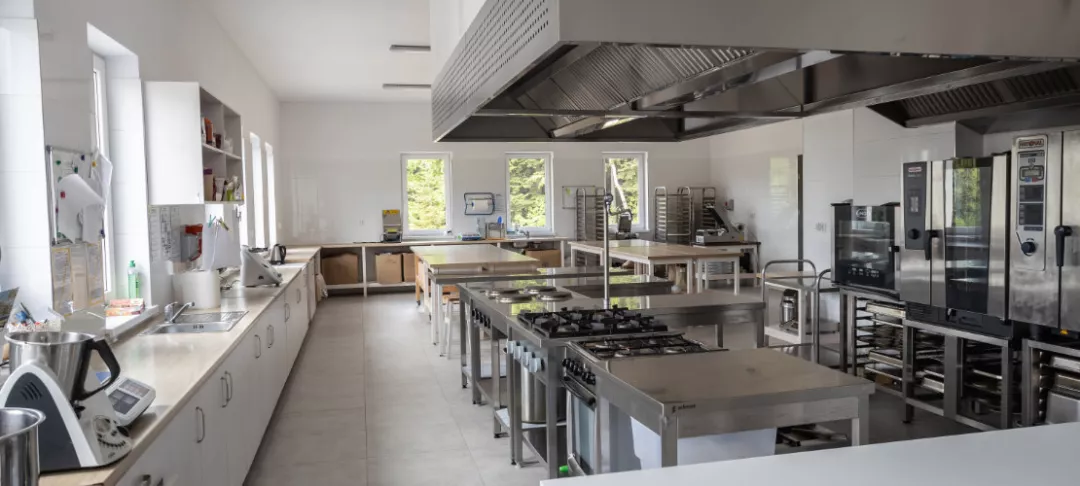
The CAP’s specific objectives include helping to encourage better supplies of nutritious and sustainable food. LEADER has a niche role and a significant history in supporting local food projects. LAGs across the Member States are involved with co-funding the growth of innovative smaller-scale and direct-sales business initiatives supplying a demand for affordable healthy sustainable food.
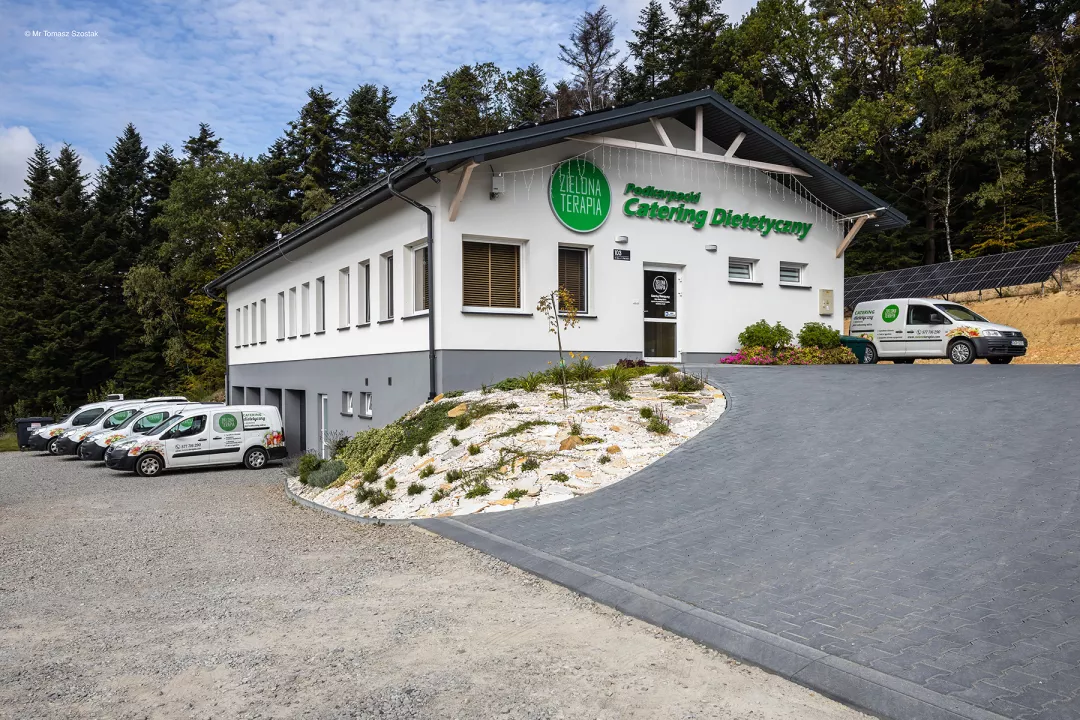
A variety of LEADER projects involved with improving nutrition can be found by searching the EU CAP Network’s Projects and Practices library. Recent additions to the library include a LEADER project from Poland, detailing how a businesswoman created new jobs with LEADER’s help to expand her company’s supply of healthy convenience food.
Małgorzata Kuliga established her ZielonaTerapia (Green Therapy) catering business to offer healthy, tasty, and convenient food that is also affordable and provides trustworthy authenticated quality. The company had become aware of the growth of market opportunities and increased demand for nutritionally-branded food. This resulted in a business expansion project that created three new full-time agri-food sector jobs.
Market Insights
To help make life easier for the consumer (and increase the company’s attractiveness to customers), smart approaches of direct selling through a digital platform allowing clients to pay online have been developed by Green Therapy. Its business principles and services provide healthy food supplies, as well as promoting healthy lifestyles through product ranges and specialised dietary advice. One of the company's flagship services is its production and distribution of daily ‘Diet in a Box’ meals, which consumers order for lunch and other meals.
Speaking about the opportunities that this type of project offers for other locations around rural Europe, Małgorzata says that in her experience “a key reason for the development of the nutritional food market is the growing awareness of society about healthy eating, and increasing interest in products that bring health benefits.”
“The nutritional value of food can be used in advertising and loyalty campaigns by emphasising the health benefits of products, promoting nutrition awareness, and offering special discounts or rewards for regular purchases of healthy products. My customers understand and trust the nutritional value of products based on information about nutritional ingredients, quality certificates, reviews from other customers, and experiences related to consuming these products.”
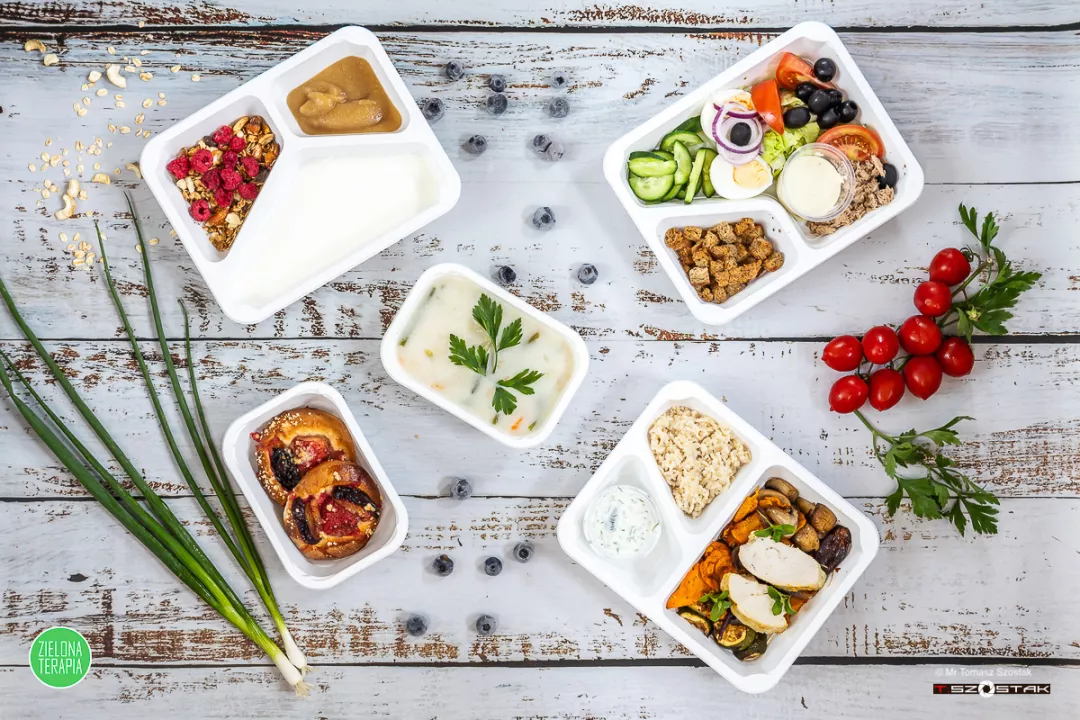
“Our company invests time in providing a lot of information and activities promoting healthy eating habits, aiming to help inform and advise society, build brand trust, and promote conscious food choices. Activities such as publishing recipe books, youth-targeted initiatives, or participating in cultural festivals, help reach different social groups and increase awareness of our healthy eating services.”
“There is a belief that people are increasingly willing to pay more for healthy food, and there are also ways to provide healthy products at affordable prices by improving production processes, using local ingredients, and focusing on cost efficiency.” The LEADER grant helped with such improvements.
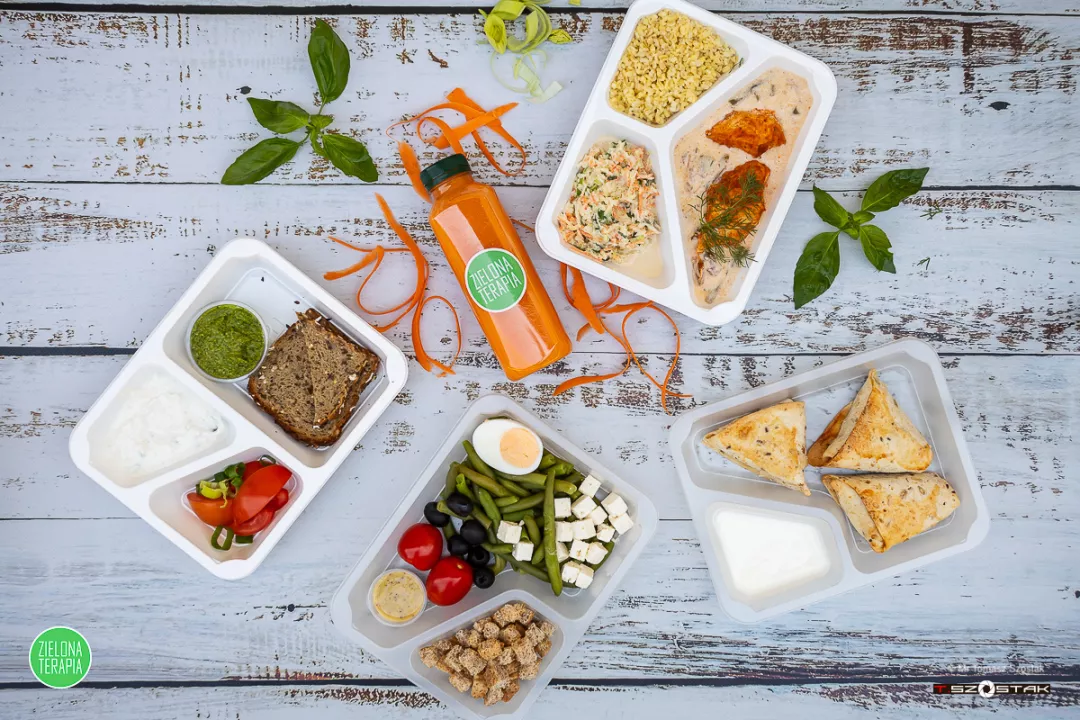
Małgorzata sums up her review of lessons learned for LEADER stakeholders interested in promoting better nutrition, clarifying that “market trends in nutrition worldwide include the growing popularity of plant-based food, increased interest in food labelling, and the development of personalised nutrition plans and apps. Food companies can use these trends by adapting their product range offers to customer preferences, investing in research and development of new products, and using available sources of funding, including EU funding opportunities like LEADER and others.”
This LEADER success story shows how LAGs can co-fund the resilience and sustainability of local food companies throughout the EU. By reducing the risk of rural food firms being left behind by consumer preferences, LEADER is perfectly placed to help local agri-food stakeholders innovate and grow to stay aligned with global market influences prioritising the likes of food reformulation, quality, and labelling.
Please send us other examples of how LEADER is being used similarly to help support EU nutrition in sustainable food systems, and we will aim to share more of such LAG success stories for everyone to benefit from.
